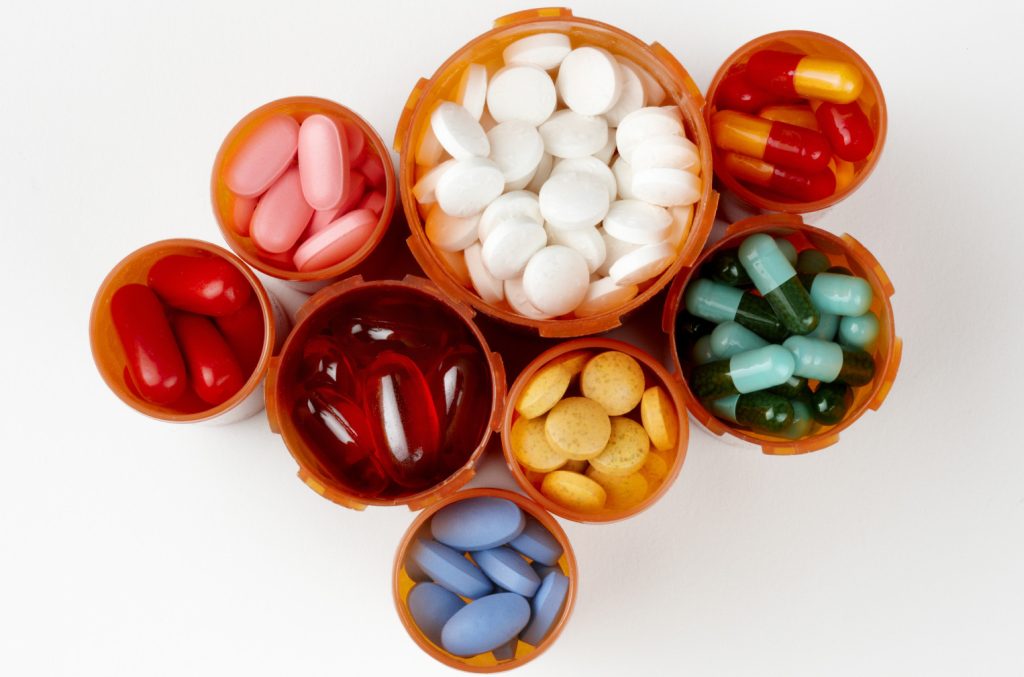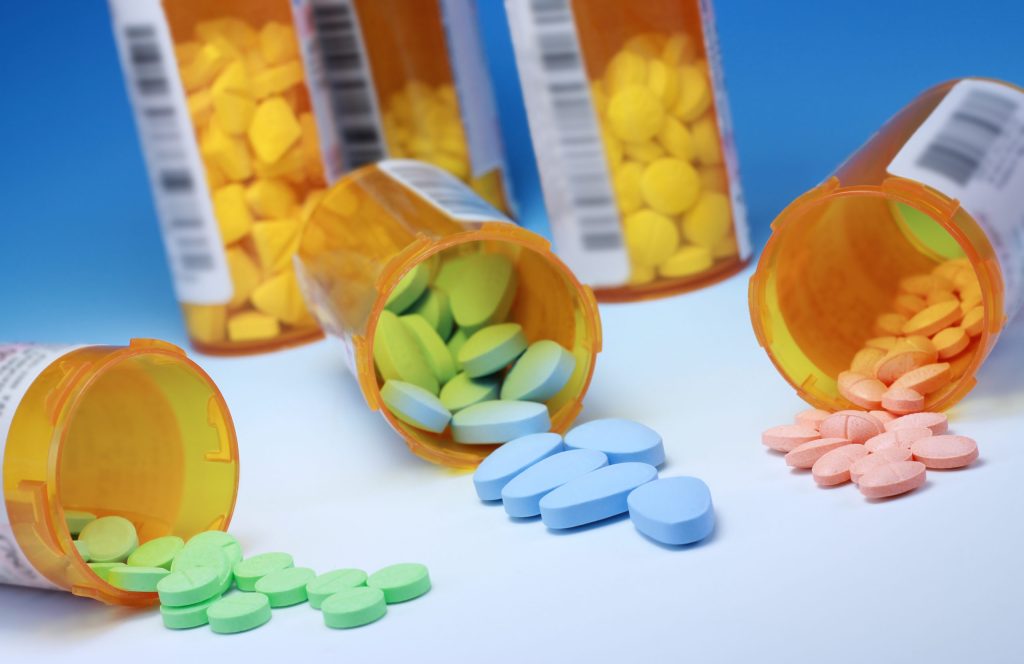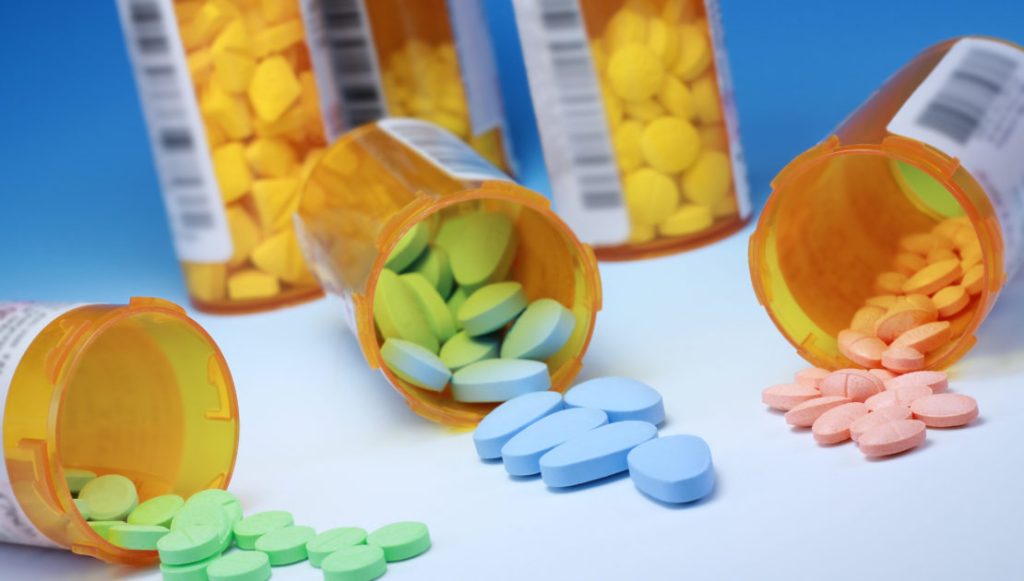What are the medicines that can make you tired?
If you take a sleeping tablet, you should anticipate feeling weary, but other medications might also make you feel fatigued. One of the most prevalent adverse effects of both prescription and over-the-counter medications is this one.
Medications frequently influence neurotransmitters, which are brain chemicals, when they make you tired. They serve as a communication channel between your nerves. Some of them regulate your level of alertness or sleepiness.

It can be challenging to carry out daily tasks while you’re feeling fatigued. This emotion is common. In fact, one of the most frequent symptoms made to a primary care physician is weariness. It can affect up to 45% of people, and the cause is occasionally elusive.
Despite not being the only solution, some people may experience fatigue or sleepiness after taking drugs like propranolol (Inderal LA) and fluoxetine (Prozac). They are not the only ones, either.
Medications that causes tiredness and fatigue.
The following are a some of the most popular medications that might exhaust you:
Antihistamines.
Medications for allergies such as hydroxyzine (Vistaril, Atarax), diphenhydramine, and brompheniramine (Bromfed, Dimetapp) (Antivert). Sleeping medications also contain some of these antihistamines.
Antidepressants.
Tricyclics are one class of antidepressant that might leave you feeling worn out and sleepy. Amitriptyline (Elavil, Vanatrip), doxepin (Silenor, Sinequan), imipramine (Tofranil, Tofranil PM), and trimipramine are those that are more likely to do it than others (Surmontil).
Anti-anxiety drugs.
Depending on which benzodiazepine you take, you may experience weakness or drowsiness for a few hours to several days. Examples include alprazolam (Xanax), clonazepam (Klonopin), diazepam (Valium), and lorazepam (Ativan).
Blood pressure medications.
Beta-blockers, including propranolol hydrochloride (Inderal), metoprolol succinate (Toprol XL), metoprolol tartrate (Lopressor), and atenolol (Tenormin), to mention a few. They function by lowering your heart rate, which can wear you out.
Cancer treatment.
By altering the quantities of proteins and hormones in your body, certain cancer treatments might leave you feeling extremely exhausted. They harm or kill some normal cells while eliminating cancer cells. Your body then expends additional energy to repair or clean up the cells.
Gut medications.
You may feel tired after using medications for diarrhoea, motion sickness, or nausea.
Muscles relaxants.
The majority of muscle relaxants don’t directly affect your muscles. In order to relax the muscles, they instead focus on the nerves in your brain and spine. You can feel exhausted from their impacts on your nervous system. Carisoprodol (Soma) and cyclobenzaprine are examples of commonly used muscle relaxants (Flexeril).
Opioid pain medications.
Opioids mimic the effects of endorphins, which your body naturally produces to reduce pain. Fentanyl, oxycodone with aspirin (Percodan), oxycodone with acetaminophen (Percocet, Roxicet), morphine, oxymorphone (Opana, Opana ER), oxycodone (OxyContin, OxyIR), and hydrocodone and acetaminophen are some of the more popular ones (Lorcet, Lortab, Vicodin).
Seizure or epilepsy medications.
These drugs, also known as anticonvulsants, can affect your brain cells or the chemicals that your brain uses to deliver messages. Some of these medications, such as benzodiazepines, are also used to alleviate anxiety. Other frequent seizure drugs include phenobarbital, phenytoin (Dilantin, Phenytek), topiramate (Topamax), valproic acid, and carbamazepine (Tegretol/Tegretol XR/Carbatrol) (Depakene, Depakote).
What can we do?
Do not stop taking your medication even if it makes you feel fatigued. Other strategies to combat the negative effect and increase energy include:
- Take a short walk or do some stretches to get some exercise.
- Breathe deeply.
- Consume some caffeinated beverages, such as coffee or tea.
Consult your physician or pharmacist to see if there are any “non-drowsy” alternatives to any over-the-counter medications you are now taking. To ensure that it won’t interfere with any other prescriptions you’re taking, it’s crucial to inquire.
You can get assistance from your doctor in managing any drug-related weariness. They could:
- Switch medications.
- Modify your dosage
- instruct youself to take your medication at a different time, such as before bed or in the evening.
- Give you a prescription for a drug to make you feel awake and aware.
Unless your doctor gives the all-clear, avoid taking any drugs that are designed to keep you awake.
REFERENCES:
- https://www.webmd.com/drug-medication/medications-fatigue-and-sleepiness
- https://www.goodrx.com/healthcare-access/medication-education/prescription-make-you-tired
- https://www.prevention.com/health/g20476219/4-common-medications-that-are-making-you-tired/
For more details, kindly visit below.

